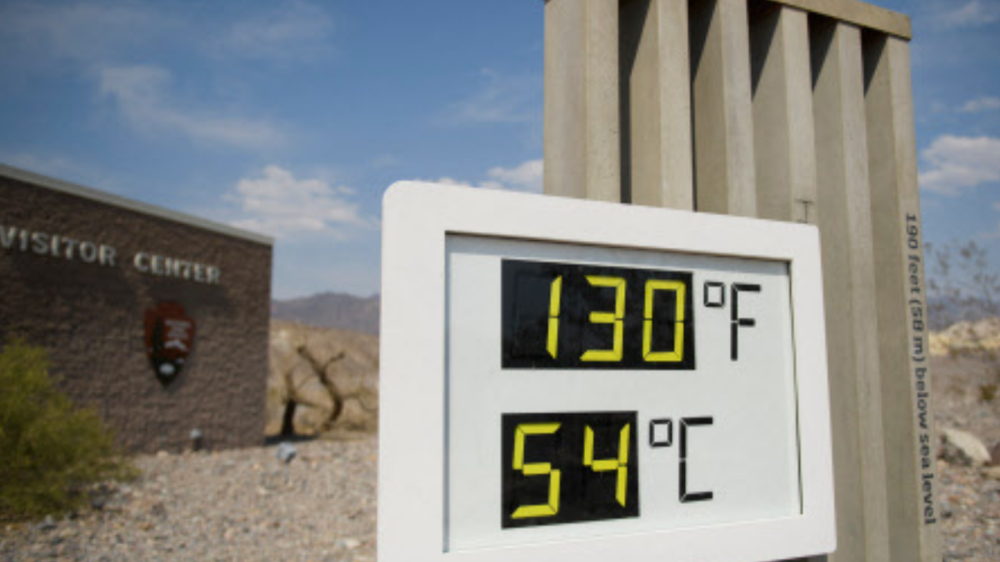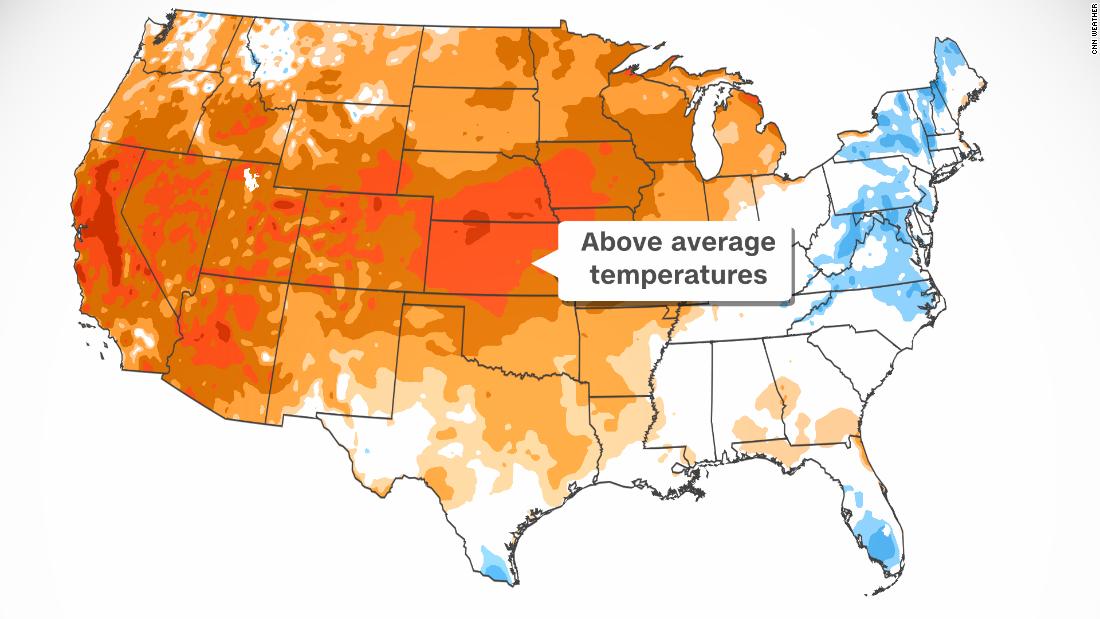
According to the National Weather Service, Salem, Oregon, hit a record high of 117 degrees Fahrenheit to become one of the hottest cities on the continent. Most of the US is being hit with a heatwave. Here’s all about the latest US heatwave and what it means.
What’s the reason behind the heat waves?

Firstly, heatwaves are a period of extremely hot weather. Most of the time, it also includes high humidity. Hence, the temperature must be above the historical average for the city before it can be classified as a heatwave. Moreover, heatwaves vary with region. For example, in the Northeast US, anything over 90 degrees Fahrenheit can be classified as a heatwave.
Heatwaves are a result of high pressure in the atmosphere. Because the pressure moves in and forces the warm air towards the ground. As air compresses, it warms up and we start feeling hot. The high pressure also pressing down expands and forces the weather to change course. Apart from making the air more stifling, heatwaves can reduce wind speed and cloud cover.
Where are people experiencing the US heatwave?

Apart from Salem, Oregon, several other cities are experiencing the heatwave. Portland International Airport recorded a temperature of 112 and 115 degrees Fahrenheit respectively on Sunday and Monday. These are the highest ever in the last 80 years. Boston recorded a temperature of 97 degrees Fahrenheit. The heatwave is expected to reach the Northeast US and Boston area on Thursday.
Even the ever cold Canada hit a national record last weekend when a small town in British Columbia reached 166 degrees Fahrenheit, breaking the town’s 84-year-old record by almost 3 degrees.
Why is it hotter than ever before?

Do you see a trend in the temperatures mentioned above? We’re sure you do. Most regions and cities are recording higher temperatures than in the past. After all, we know that the world has warmed by almost 1.8 degrees Fahrenheit since 1900.
According to studies, this warmer baseline adds to the weather and makes periods of extreme heat much longer, intense, and frequent than ever before.






